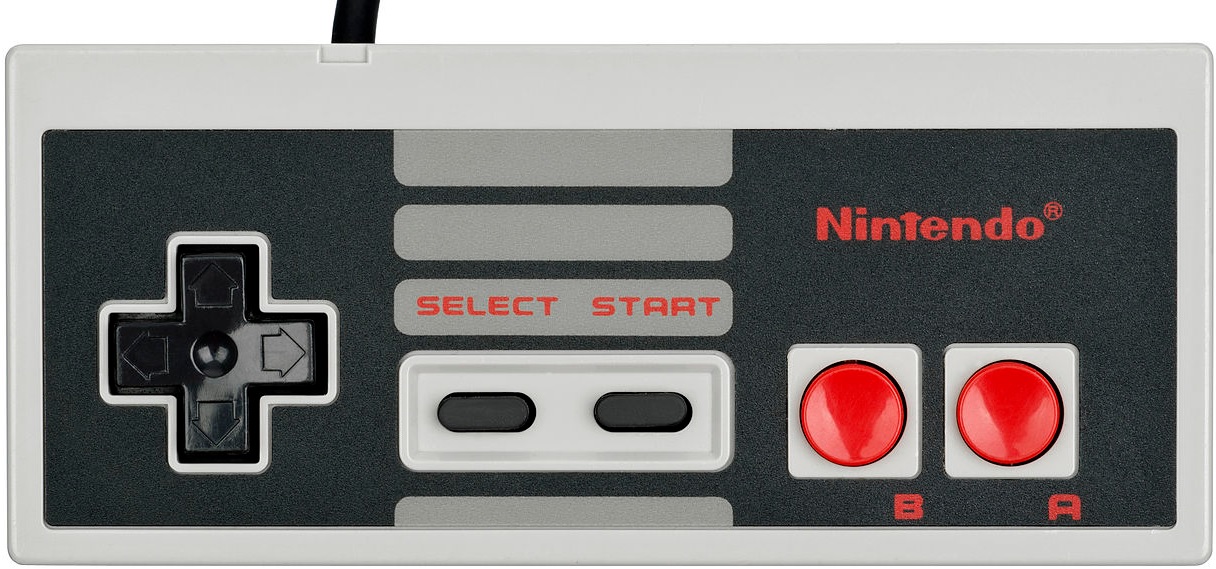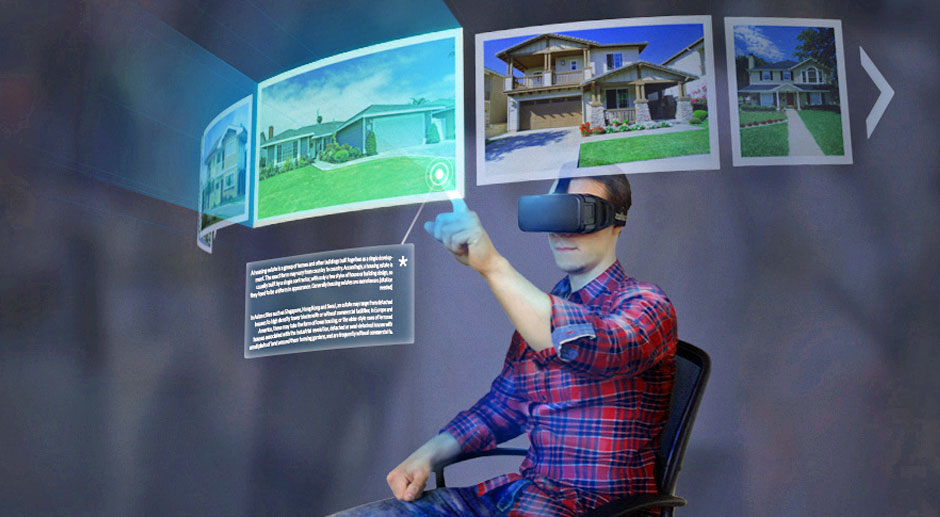VR: The Potential Applications in Gaming and Beyond

The impending release of virtual reality headsets in 2016 is in many ways an overdue development in the home entertainment market. As evidenced by the plethora of high quality open world video games on the market – Fallout 4, The Witcher 3: Wild Hunt and Metal Gear Solid V: The Phantom Pain to name a few – game worlds have become increasingly immersive, complex and evocative of real world dynamics. Despite this, the fundamentals of how customers play games hasn’t changed since the days of the NES: a handheld controller used to influence events on a television screen.
The Oculus Rift, Playstation VR, HTC Vive, and other contenders in the upcoming VR wars are set to alter this relationship. The early indications are that VR headsets could substantially change the way customers play games and consume entertainment.
A New Type of Game
NVIDIA and Solfar Studios upcoming release Everest VR offers a glimpse into the possibilities of VR. A 3D model of the world’s highest mountain put together with the aid of over 300,000 photographs, Everest VR allows players to scale the mountain from the comfort of their living room.
One of the most striking things about the title is that it isn’t so much a game as an experience. The idea of simply walking up a mountain would have limited appeal as a conventional game, but the addition of a VR headset, which allows a game to echo our natural visual field, transforms the experience. A dream of many but beyond the reach of most, scaling Everest – or at least sampling the perspective of legends like Mallory and Hillary – becomes possible through VR.
Home Entertainment Applications
The anticipated success of Everest VR should encourage the industry to explore other virtual reality experiences – with applications well beyond gaming. Many major sporting events are now filmed with 3D cameras. Could VR move consumers closer to the live experience of a football match? What if rather than watching a Champions League match or the Wimbledon final from the conventional view offered by television you could strap on your VR headset, select a seat anywhere in the stadium and watch from the viewpoint of a fan?
Could films find a way to incorporate VR? Many movies are already experienced through 3D glasses. Virtual Reality headsets may be the next step in enhancing the cinematic experience.
A World of VR
Teaching and business applications have also been mooted by advocates of VR. As an alternative to Skype, employees in offices all over the world could strap on their headsets and congregate in a virtual meeting room. Students of history might learn about different time periods through VR, wandering through reconstructions of Victorian London or experiencing the Battle of Waterloo from the front lines.
The true possibilities of VR, as with any new piece of technology, will only become apparent with time. However, it seems clear that virtual reality will have an impact far beyond making computer games even more addictive and beguiling. VR has the potential to be the most revolutionary piece of gaming technology to emerge this century.





